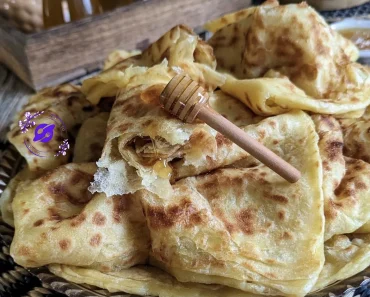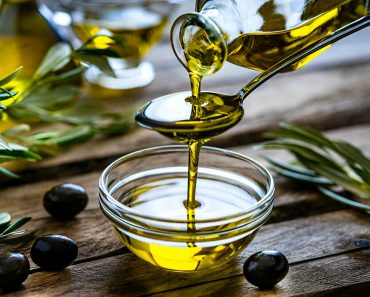Unveiling the Culinary Gem: Moroccan Harira
When it comes to Moroccan cuisine, one dish stands out as a symbol of tradition, flavor, and cultural heritage – the iconic Moroccan Harira. This rich and hearty soup has captivated taste buds around the world, becoming a staple not just during Ramadan but also a beloved comfort food year-round. In this comprehensive guide, we’ll delve into the depths of Moroccan Harira, exploring its origins, ingredients, preparation methods, health benefits, and its esteemed place on Moroccan Iftar tables.
What is Moroccan Harira?
Harira, pronounced as “huh-ree-ruh,” is a traditional Moroccan soup known for its robust flavors and nourishing qualities. It holds a significant cultural importance, often being served to break the fast during Ramadan. Beyond its religious ties, Harira has become a cherished dish enjoyed by Moroccans and food enthusiasts globally.
The Moroccan Harira Method

Moroccan harira
The preparation of Moroccan Harira is an art form that combines a blend of spices, herbs, and wholesome ingredients. While there are variations across households and regions, the fundamental process remains consistent. A typical Moroccan Harira recipe includes:
- Tomatoes: Fresh or canned tomatoes form the base of Harira, lending it a vibrant color and tangy taste.
- Legumes: Chickpeas and lentils are common additions, providing protein and texture to the soup.
- Herbs and Spices: Aromatic herbs like cilantro and parsley, along with spices such as cinnamon, turmeric, and ginger, infuse Harira with its distinctive aroma and flavor.
- Protein: Lamb, beef, or chicken are often used to add richness and depth to the soup.
- Lemon: Fresh lemon juice adds a refreshing citrusy note, balancing the savory elements.
How to Make Harira at Home
Making Harira at home allows you to experience the authenticity of this Moroccan delight. Here’s a step-by-step guide:
- Gather Your Ingredients: Assemble tomatoes, onions, legumes, herbs, spices, protein of choice, and lemon.
- Prepare the Base: Sauté onions, garlic, and spices until fragrant. Add chopped tomatoes and cook until they soften.
- Add Protein and Legumes: Brown the meat (if using) and add chickpeas, lentils, and water or broth.
- Simmer to Perfection: Let the soup simmer until the flavors meld together and the legumes are tender.
- Finish with Freshness: Stir in chopped herbs and a squeeze of lemon juice before serving.
The Inventor of Moroccan Harira
The exact origin of Harira is steeped in history, with no singular inventor attributed to its creation. Instead, it evolved over centuries, blending influences from Berber, Arab, and Andalusian culinary traditions. This amalgamation of flavors and techniques has contributed to Harira’s status as a culinary masterpiece.
Benefits of Moroccan Harira
Beyond its exquisite taste, Moroccan Harira offers numerous health benefits. It’s a nutrient-dense dish packed with protein, fiber, vitamins, and antioxidants. The combination of legumes, herbs, and spices promotes digestion, boosts immunity, and provides sustained energy, making it a wholesome choice for individuals seeking nourishing meals.
The Journey to Moroccan Iftar Tables
During Ramadan, Moroccan households come alive with the aroma of Harira simmering on stovetops. This hearty soup, along with dates, bread, and other delicacies, marks the end of a day of fasting. It’s not just about sustenance but also about community, sharing meals with loved ones, and honoring traditions passed down through generations.






